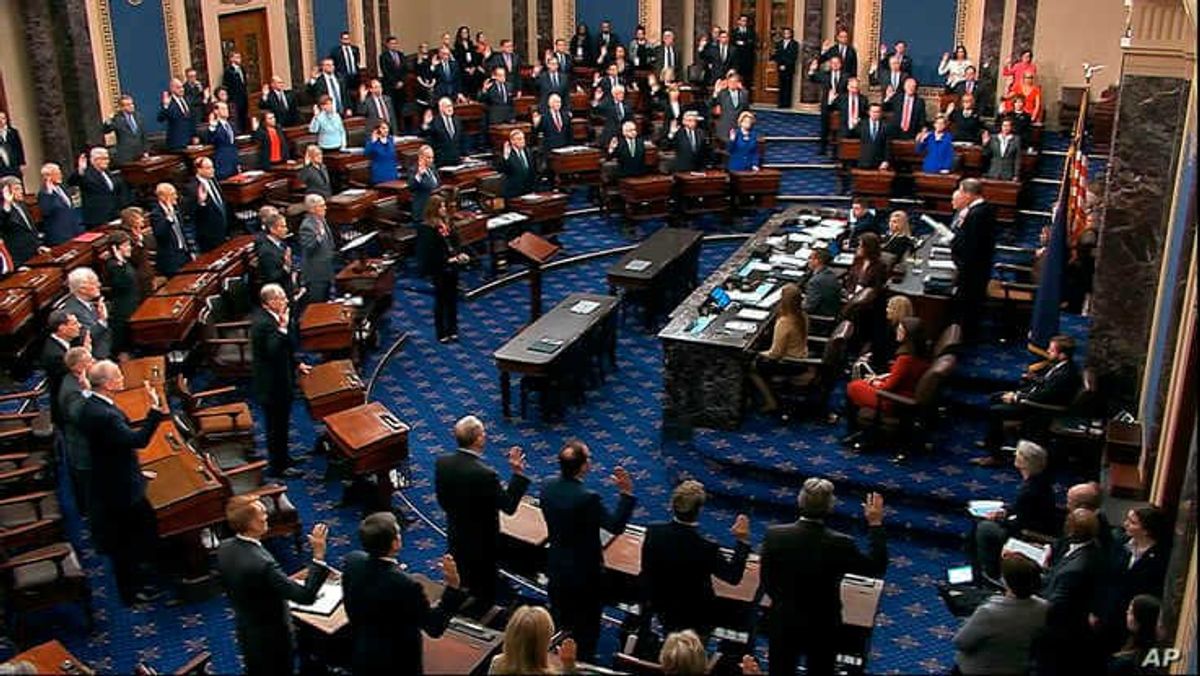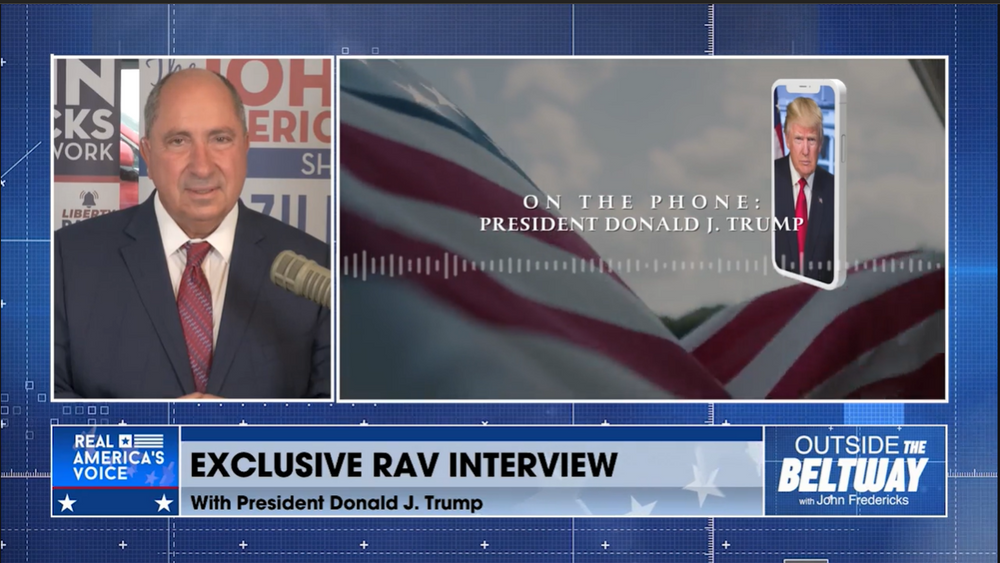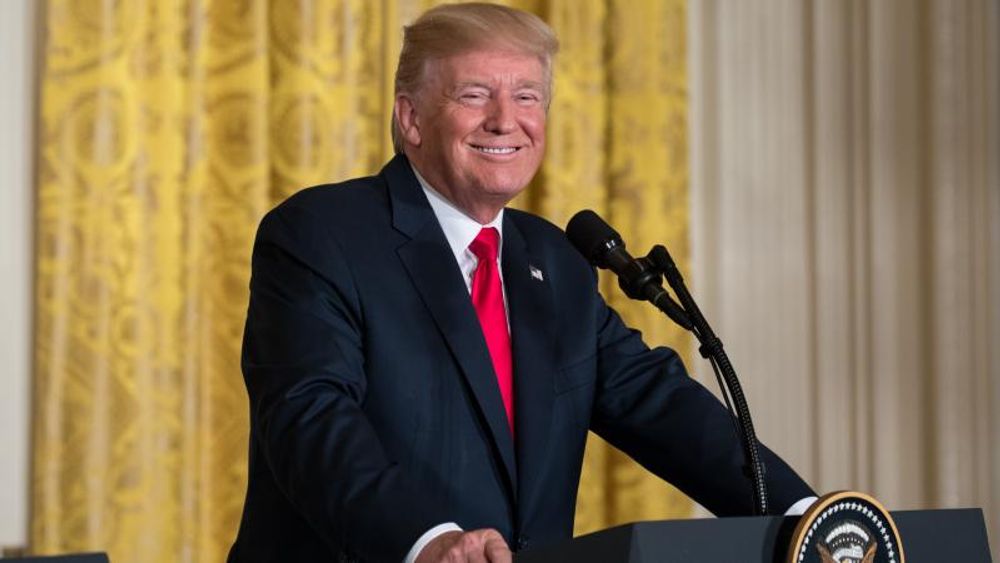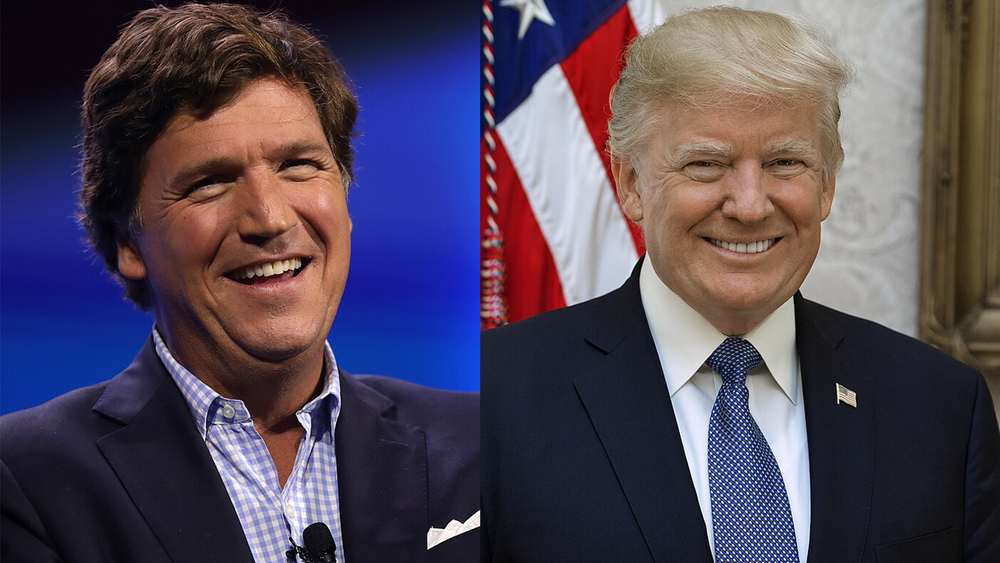
At Trump’s Impeachment Trial, 100 Senators Face Strict Rules
In the U.S. Senate, except for important votes, the seats are often empty and only a handful of lawmakers might be listening in person as one of their loquacious colleagues opines on the issue of the day. When present on the floor, senators often carry on private conversations or text or tweet on their cellphones.
But all that will change at the impeachment trial of U.S. President Donald Trump, only the third such event in American history. Strict rules have been set that will be new and constraining to many lawmakers — and to Americans watching on television across the country.
For one thing, all 100 lawmakers, acting as jurors to decide whether to convict Trump of two articles of impeachment and remove him from office, have been told to show up for the entire trial. None may skip the long hours of proceedings to meet with constituents or lobbyists or to attend a political fundraiser. They've been told to stay in their assigned seats and not to bring along reading material either, unless it's related to the trial.
Politicians love to talk, but they've been told: "Members should refrain from speaking to neighboring senators while the case is being presented."
"That's going to suck," Republican Sen. Marco Rubio of Florida said of the sit-down-and-shut-up, no-talk rule.
Democratic Sen. Debbie Stabenow of Michigan said, "I think this will actually be healthy for all of us, but will be a challenge."
The lawmakers have also been told to stash their cell phones elsewhere because "No use of phones or electronic devices will be allowed in the Chamber."
U.S. Chief Justice John Roberts is presiding over the trial. Senators have been told to address him as "Mr. Chief Justice."
When it comes time to vote, first on motions to set rules on the parameters of the trial and eventually on the two impeachment articles alleging Trump abused the power of the presidency and obstructed Congress, the senators have been told to "stand and vote from their seats."
 Democrats: Trump Lawyer Cipollone a Material Witness in Impeachment TrialNext PostHillary Clinton Says ‘Nobody Likes’ Bernie Sanders
Democrats: Trump Lawyer Cipollone a Material Witness in Impeachment TrialNext PostHillary Clinton Says ‘Nobody Likes’ Bernie Sanders







